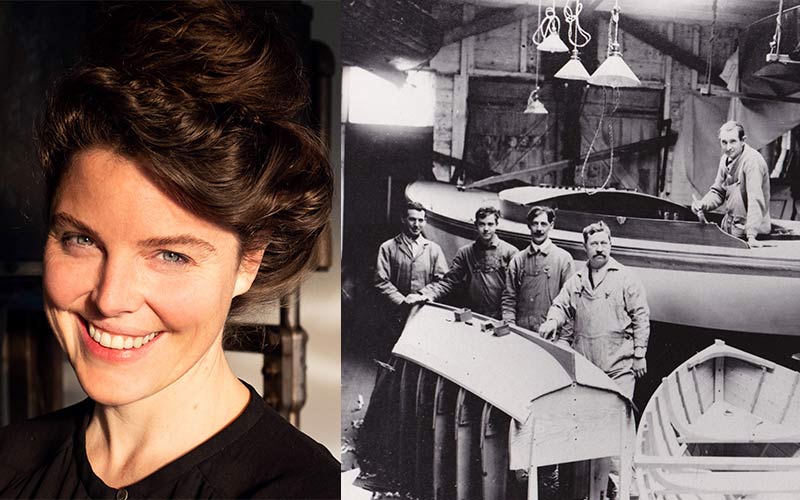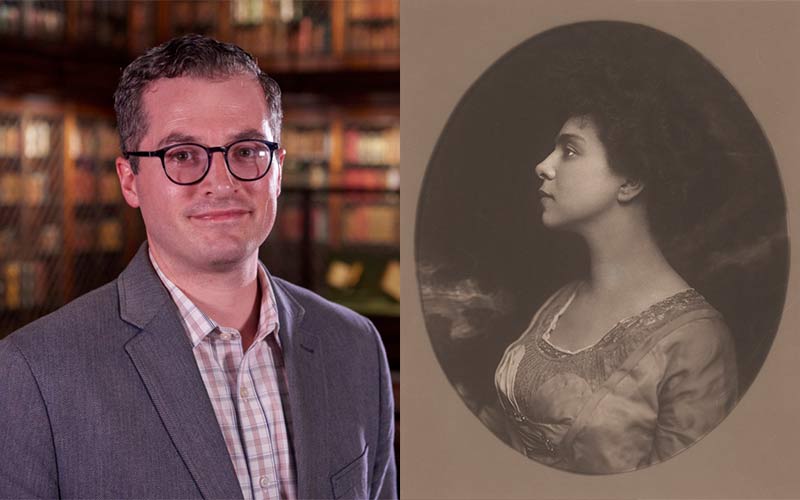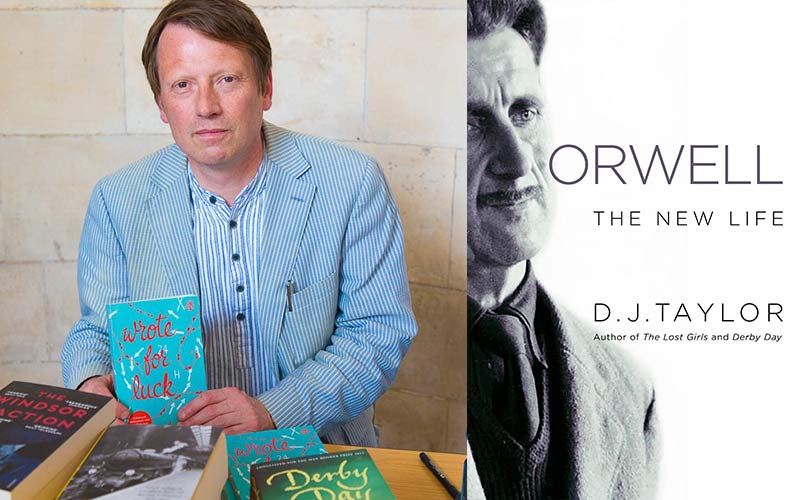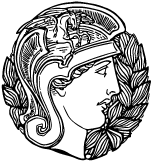The Life of Alain Locke
In The New Negro: The Life of Alain Locke, Jeffrey C. Stewart offers the definitive biography of the father of the Harlem Renaissance, based on the extant primary sources of his life and on interviews with those who knew him personally. He narrates the education of Locke, including his becoming the first African American Rhodes Scholar and earning a PhD in philosophy at Harvard University, and his long career as a professor at Howard University. Locke also received a cosmopolitan, aesthetic education through his travels in continental Europe, where he came to appreciate the beauty of art and experienced a freedom unknown to him in the United States. And yet he became most closely associated with the flowering of Black culture in Jazz Age America and his promotion of the literary and artistic work of African Americans as the quintessential creations of American modernism. In the process he looked to Africa to find the proud and beautiful roots of the race. Shifting the discussion of race from politics and economics to the arts, he helped establish the idea that Black urban communities could be crucibles of creativity.
Stewart explores both Locke’s professional and private life, including his relationships with his mother, his friends, and his white patrons, as well as his lifelong search for love as a gay man.
--
Jeffrey C. Stewart is a professor of Black Studies at UC Santa Barbara, since 2007, when he was hired as Chair of the Department of Black Studies, a position he served in until 2016. During his tenure as chair he advanced a number of on campus projects, including the North Hall 1968 Takeover Display, which opened in 2015, and Jeffrey’s Jazz Coffeehouse, which opened in 2016, an immersive pop-up jazz experience in Isla Vista to accompany his course, The History of Jazz.
Jeffrey’s most recent book is The New Negro: The Life of Alain Locke, published by Oxford University Press, 2018. It is one of the few books of history that has won the 2018 National Book Award for Nonfiction and the 2019 Pulitzer Prize for Biography. It also won such additional prizes as the 2019 Mark Lynton History Prize of the J. Lukas Prize Project Awards, 2019 James A. Rawley Prize of the Organization of American Historians, 2018 Black Caucus of the American Library Association Award for Nonfiction, 2018 PROSE Award for Best Biography/Autobiography Association of American Publishers, and the 2019 American Book Award of the Before Columbus Foundation. It was also a Finalist for the 2019 Plutarch Award of the Biographers International Organization, the 2019 Randy Shilts Award for Gay Nonfiction of the Publishing Triangle, the Hurston/Wright Legacy Award for Nonfiction, and the 2018 NAACP Image Award for Autobiography/Biography.
Enrolling as an undergraduate at UCLA, Stewart shifted to UC Santa Cruz, where he received his B.A. in Philosophy with honors. Stewart attended graduate school at Yale University, where he received a M.A., M. Phil. and Ph.D. in American Studies in 1979. Currently Professor of Black Studies at the University of California at Santa Barbara, he has held numerous fellowships, visiting professorships, and lectureships at Harvard University, Yale University, UCLA, Tufts University, Howard University, George Mason University, the University of Rome, and the Terra Foundation in Giverny, France.
Dr. Stewart is also a curator, producing two major exhibitions with accompanying scholarly catalogues–To Color America: Portraits by Winold Reiss at the Smithsonian’s National Portrait Gallery, and Paul Robeson: Artist and Citizen (1998), that originated at the Zimmerli Museum of Art at Rutgers University and toured nationally. He is the author of numerous articles, essays, edited volumes, and a popular African American history, 1001 Things Everyone Should Know About African American History (1996). His next book, The New Negro Aesthetic, will appear in January of 2022.
The New Negro, concluded The New York Times, is a master class in how to trace the lineage of a biographical subject’s ideas and predilections. The attachment and longing Locke experienced in relationships with his mother, friends and lovers exerted as much influence on his work as the texts he read and lectures he attended. One finishes Stewart’s book haunted by the realization that this must be true for us all.







